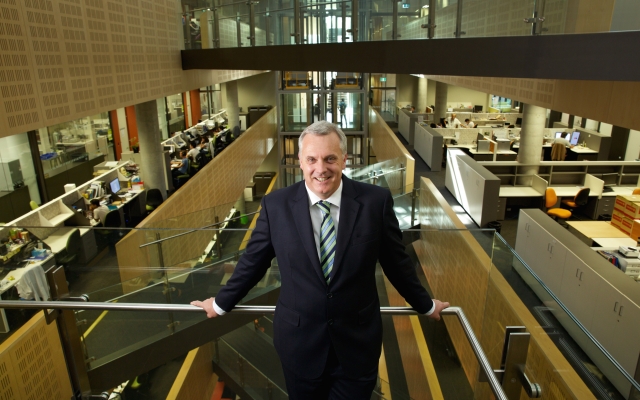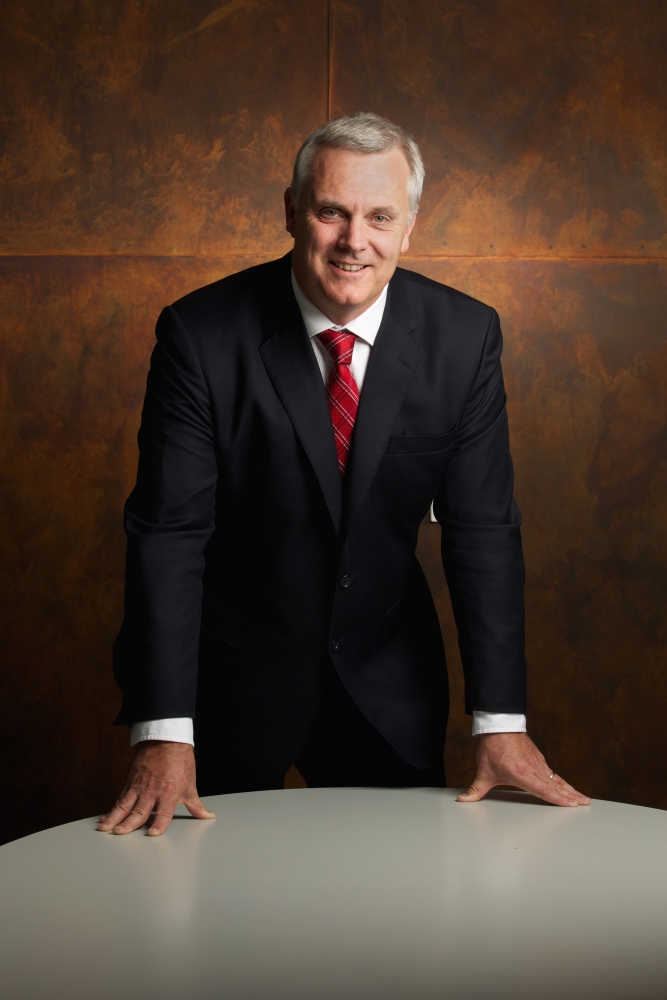
Arthur Ashe, the American tennis player who was the only black man to win at Wimbledon, the US Open and the Australian Open, said: “Success is a journey, not a destination.” By that measure, UNSW Engineering has been on an impressive journey over the past year, powering ahead under our student-created ‘Innovation in Action’ motto and really changing the society we live in.
This year, 26% of the incoming student cohort is female. This is up from 23% in 2017, and 22% year before – putting us tantalisingly close to the Faculty’s target of 30% by 2020. This has taken determined effort by many people and led by the impressive staff in our Women in Engineering program. Their motto is ‘Changing the face of engineering’. And indeed they are.
We’ve also doubled the number of female staff who are professors or associate professors in the past 12 months, by recognising spectacular performance among our academics and promoting them, or through some of the 35 high quality new recruits we’ve hired.
Research income, the biggest predictor of a trajectory of success, rose by 35% led by massive growth in industry-related income, particularly in the area of energy. To grow this even further, our new UNSW Energy Institute is bringing together our many efforts under one roof.
We’re partners in the new $140 million Cyber Security CRC funded by the federal government and industry, and UNSW Engineering is leading seven of the state’s universities (as well as CSIRO’s Data61 division) in the new NSW Cyber Security Network, backed by the NSW Government.
Our $1.6 million, five-year ‘SECedu’ partnership with the Commonwealth Bank, to develop a centre of expertise for cyber security education and boost the nation’s paucity of cyber expertise, has enrolled almost 25,000 students to an online course in Applied Cyber Security created by the partnership.
Last year, our team at the Australian Centre for Space Engineering Research (ACSER) made UNSW the first Australian university to build its own satellite, UNSW-EC0, and successfully place it in orbit. ACSER also helped build a second, INSPIRE-2, and provided crucial components for another, Biarri Point, launched by Australia’s Defence Science and Technology Group. With the creation this year of an Australian space agency by the federal government – to foster innovation between industry and academia – you can bet that UNSW will play a leading role.
But it will always be our graduates and alumni who are UNSW Engineering’s largest impact in the world. We’ve long produced the most graduates in the country, but this year’s intake is the highest ever: a remarkable 15,000 students have enrolled, with rising numbers of Australian high school graduates, but also students from India, almost doubling this cohort and diversifying our pool of international students. We’re impacting both Australia and our region.
These are many other great things happening across the UNSW Engineering community. We are indeed steaming ahead on our journey, and looking forward to many more successes in the year to come.
Mark Hoffman
Dean of Engineering
